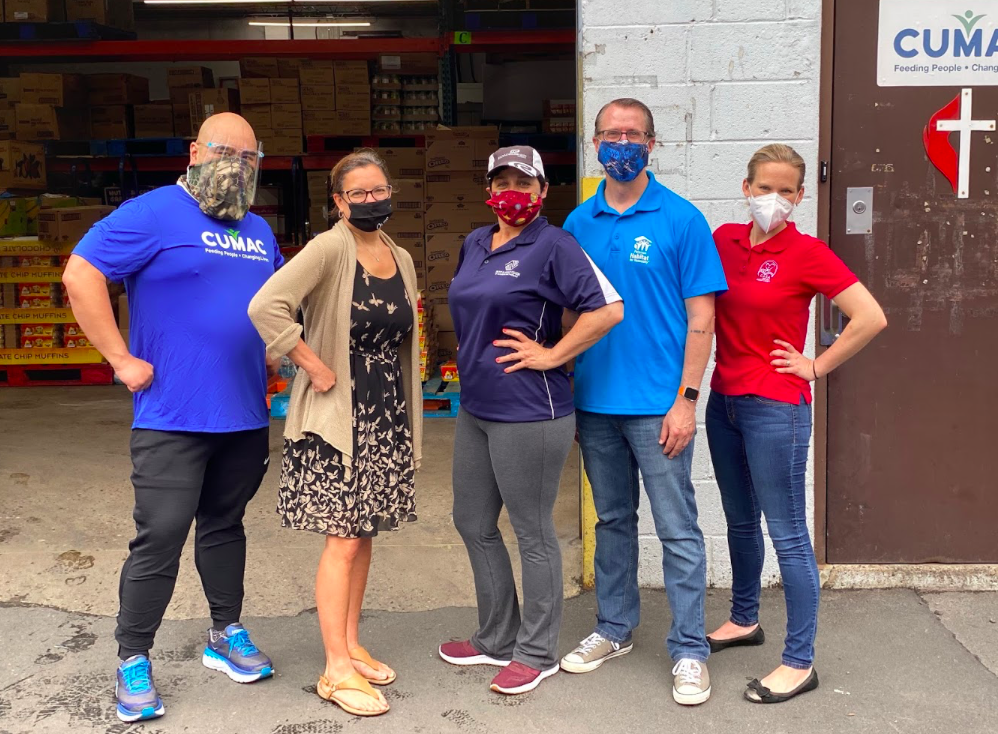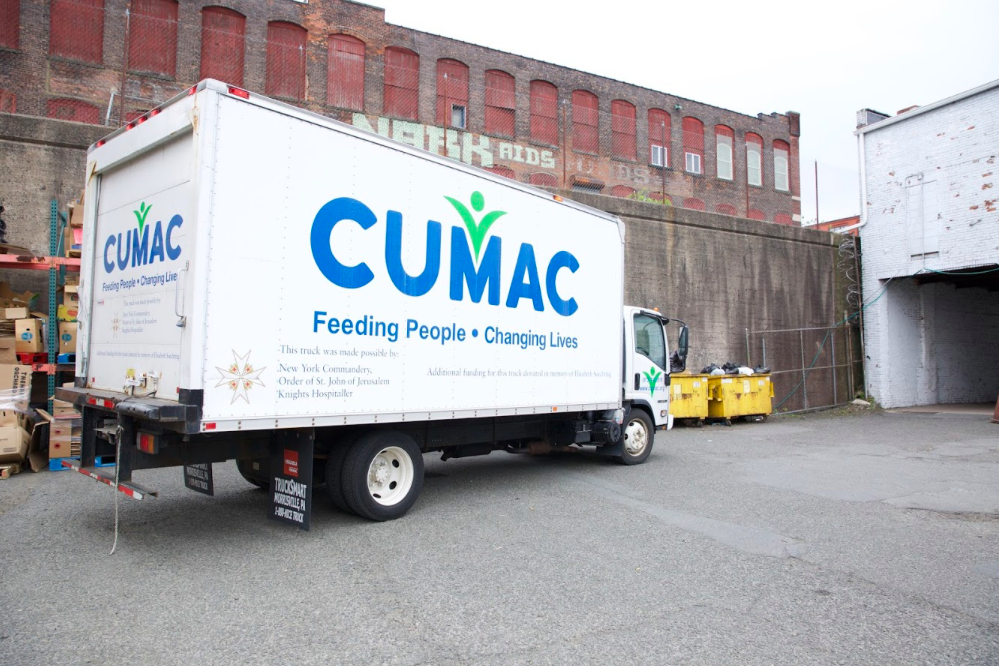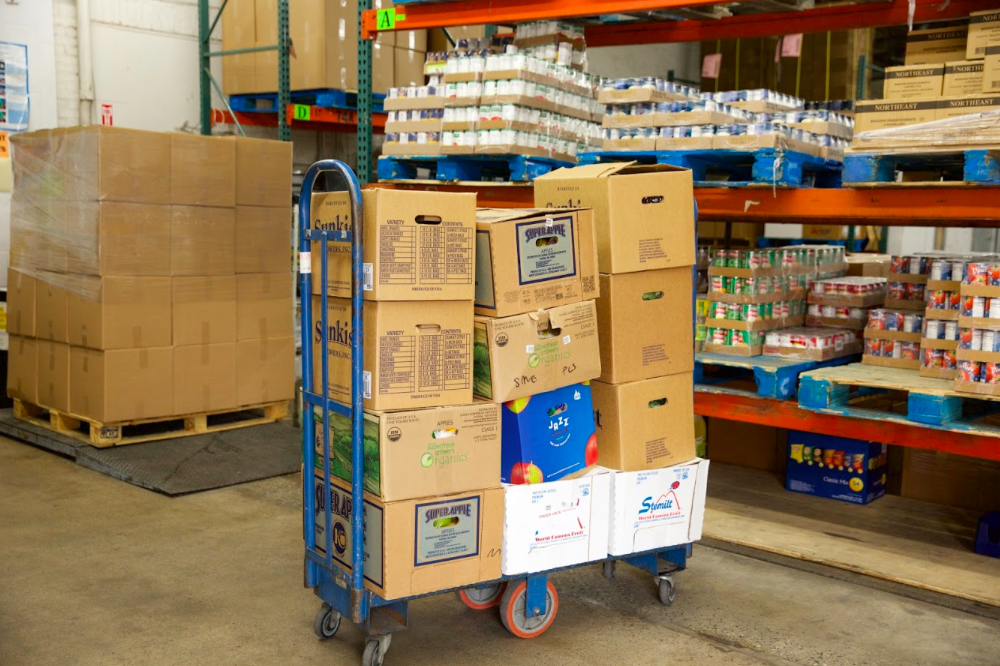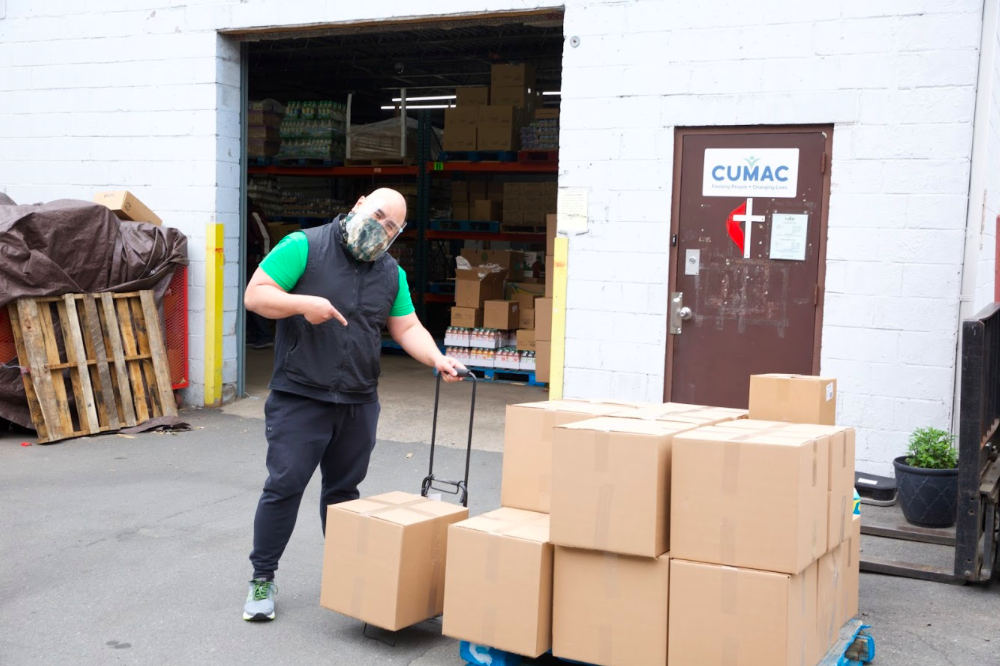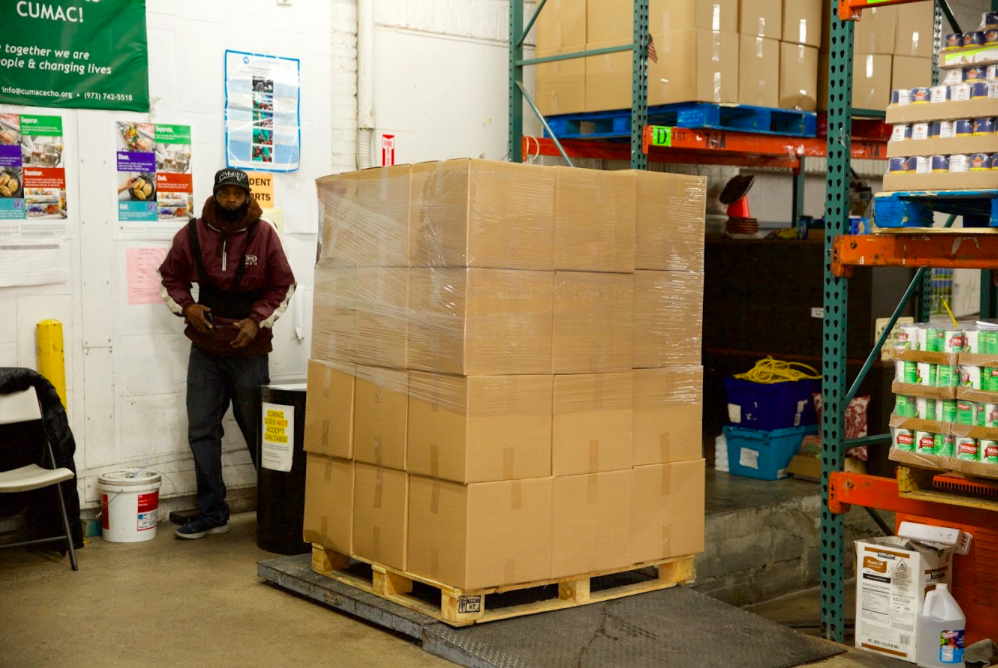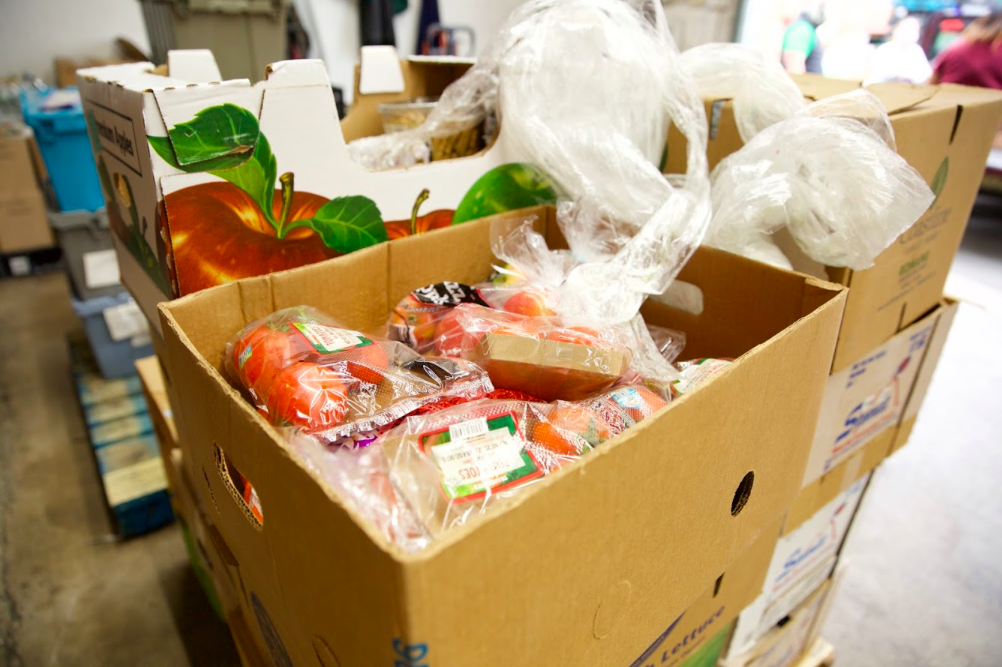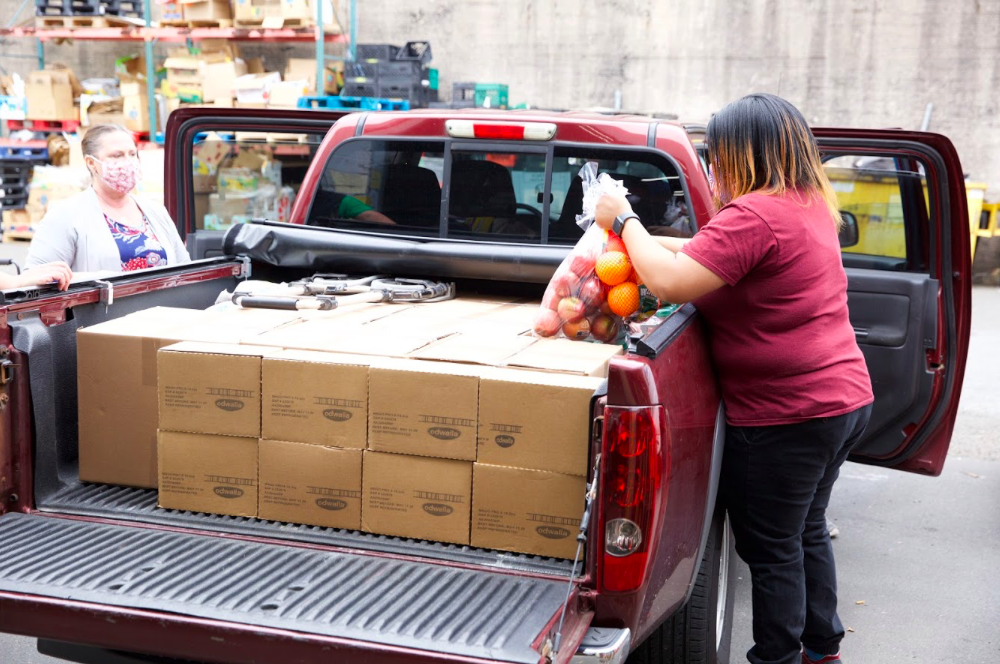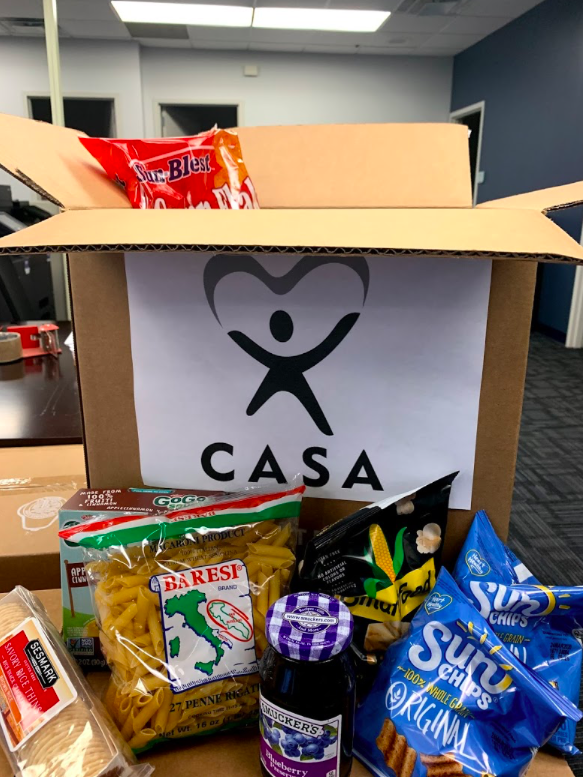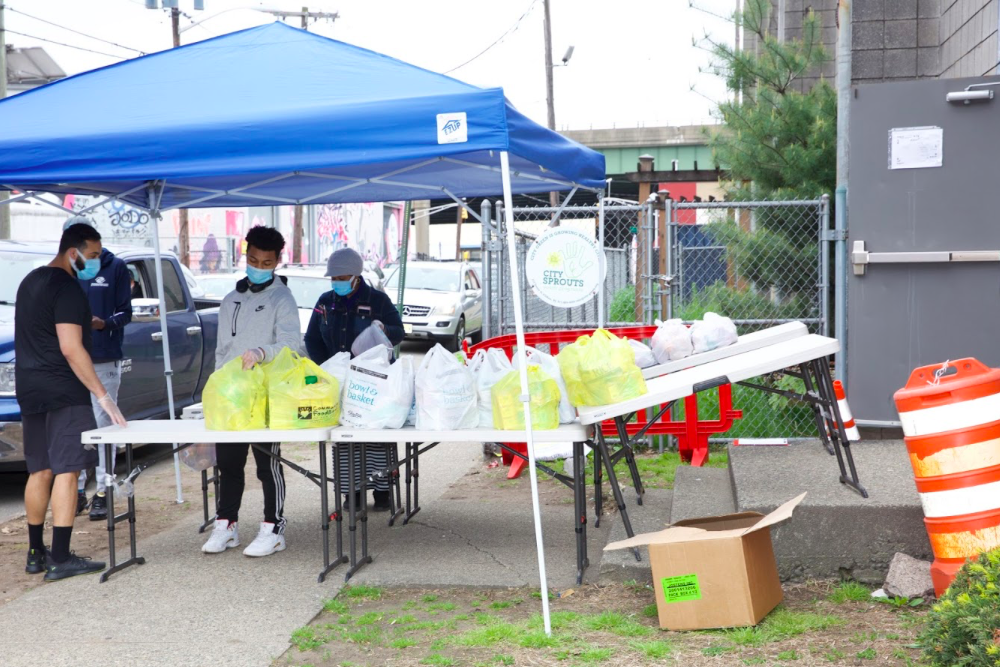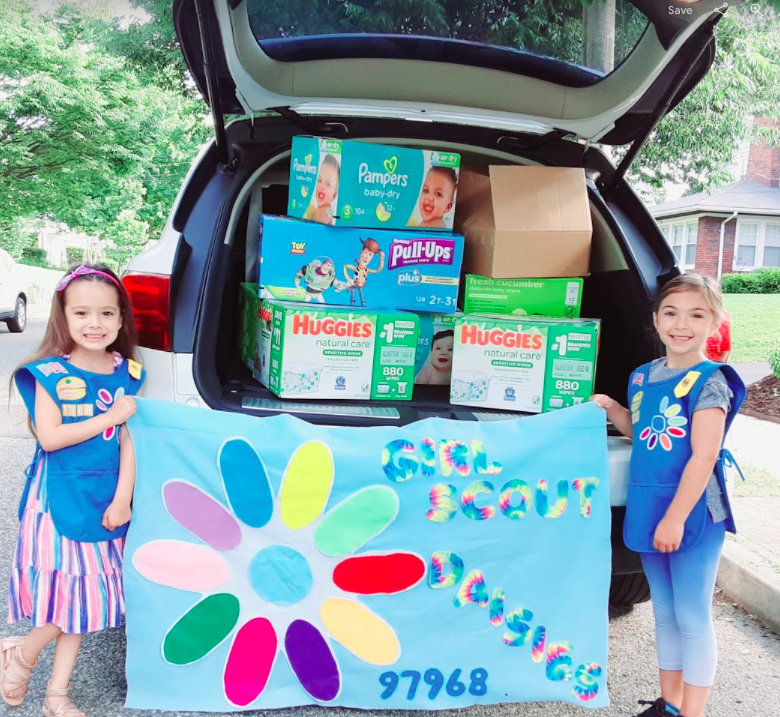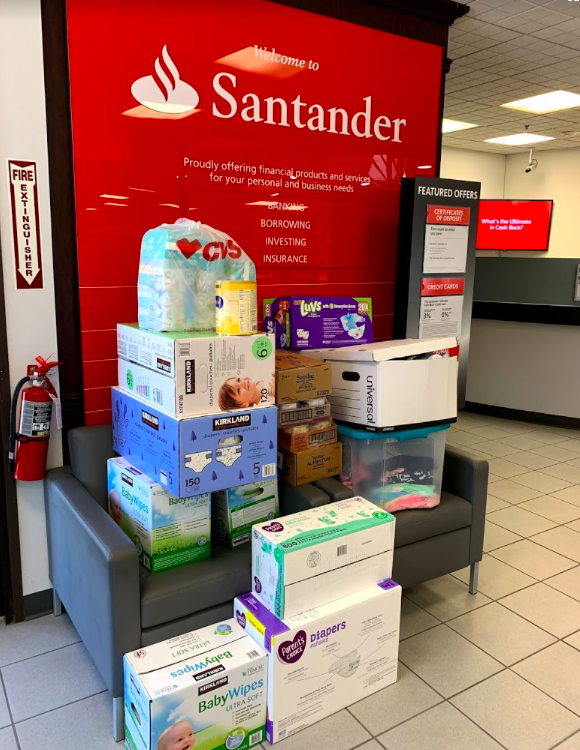By Jessica Mickley
Director of Training and Outreach
For the past few months, much like everyone else, I have battened down the hatches and lived my life primarily within the confines of the same four walls. I used to love my apartment. Now it’s just fine, I guess.
I’ve baked a few times and watched a lot of Netflix. I read less than I should have and slept more than I probably should have. As bored and uncomfortable as I got, I always knew I was safe at home.
No matter what was occurring outside my front door, be it a pandemic, a tropical storm, wildfires, or any of the other joys 2020 has offered, I knew that I was safe inside.
This is a privilege. It’s also a true blessing.
Esteemed psychiatrist Bessel van der Kolk has spent his life studying traumatic experiences, often focusing on terrosim and natural disasters. After September 11th, van der Kolk interviewed a young boy, Noam, who was a mere 1,500 feet away from the World Trade Center when the first plane crashed. Somehow, despite the chaos and horror right outside of his classroom window, Noam’s experience didn’t result in a trauma response. Part of the reason for this, van der Kolk states, is that Noam was able to return home to his parents and brother, where he would be safe. At home, “the alarm bells in his brain and body quieted. This freed his mind to make sense of what had happened,” van der Kolk said.
Of course, there are other factors that allowed Noam to avoid ongoing traumatic stress and PTSD, like a loving family and support system. But his ability to find refuge at home was key.
I am grateful for this privilege that Noam and I share. When we walk through our respective front doors, we can expect a space that lends itself to destressing and healing. For many, home is not a safe place. Abused and neglected children, victims of domestic violence, those living with family members who are struggling with addiction or mental health issues -- their heartbeats don’t get the chance to slow down and their bodies don’t get the chance to unwind. Now, with the COVID-19 pandemic, both inside and outside are scary places for these populations.
I urge each of you who walk through their front door and breathe a sigh of relief -- “I”m home,” you think -- to consider those who don’t have that luxury and privilege. And do what you can to make home safe a safe place for everyone. A few things you can do to help make home safe for all: become a Court Appointed Special Advocate volunteer (start the process here), donate and bring advocacy services to more at-risk children (donate here) and/or learn other ways to get involved at Passaic County CASA here.





